5 REASONS YOU SHOULD ADD HUNTING TO YOUR SELF-RELIANCE PLAN
Are you one of the many who puts on an orange vest in the fall? If you are interested in outdoor survival or being self-reliant during a crisis, there are some good reasons why you should be a hunter.
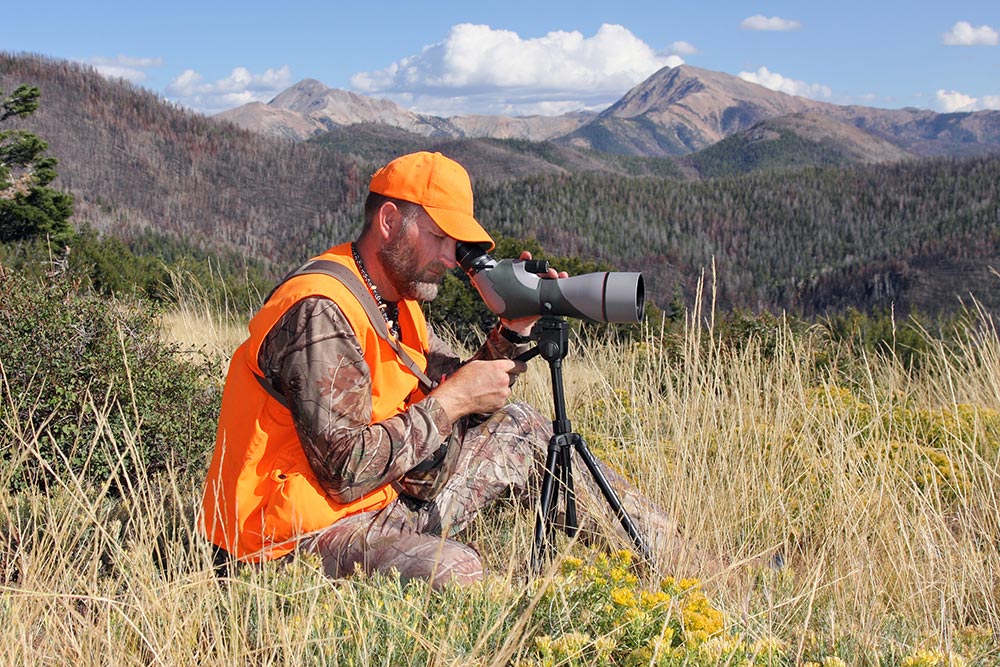
Nathan Allred / Dreamstime.com
FIRST THE BAD NEWS
If you’re determined to prepare for a prolonged aftermath of a catastrophic event, I don’t want to disappoint you here. But you must know that being a hunter isn’t going to guarantee that you can flee to some wilderness area at the first sign of a disaster with a rifle and a backpack and live off the fat of the land for however long it takes for things to settle into a new normal. That’s not a realistic expectation.
That being said, there are still several key benefits to being a hunter.
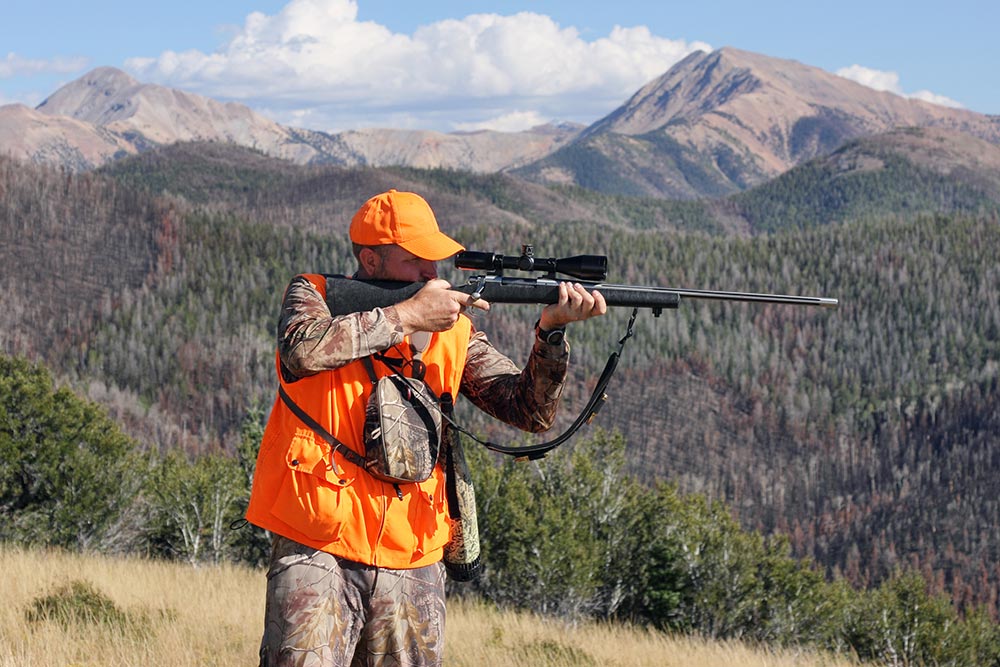
Nathan Allred / Dreamstime.com
1 YOU GET THE MEAT
When you see packaged meat in the grocery store cooler, do you know where it came from, how it’s been handled, and how long it’s been there? And why be totally dependent on intricate food supply chains when, as a hunter, you can acquire your meat directly?
Game animals can be delicious if prepared properly and they’re usually healthier to eat as they haven’t been injected with chemicals from the time they were born.
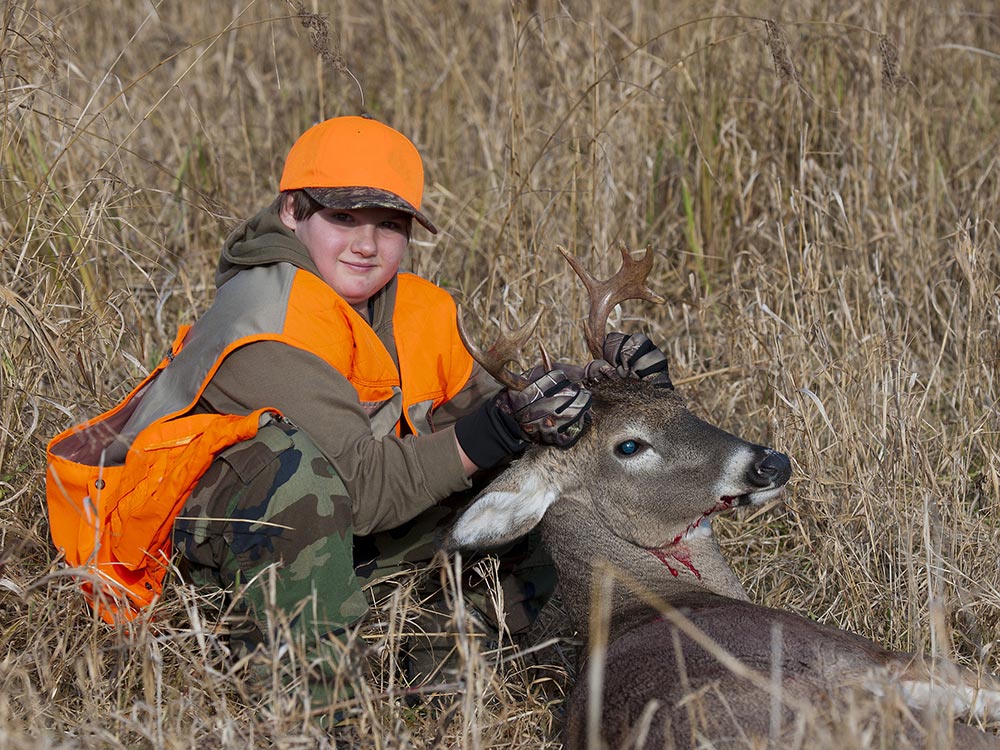
Steven Oehlenschlager / Dreamstime.com
Those who complain about the taste as being “gamey” are either tasting meat that hasn’t been cared for properly from field to table or they have been too conditioned to eating commercially produced meat. There’s a tremendous variety of wild games available from small game, to upland birds to waterfowl to turkeys, deer, elk, and bear.
But don’t expect your rabbit to taste like chicken or your venison to taste like beef. There was a time when my family was eating so much venison that beef tasted strange to me. It all depends on what you’re used to and how you prepare it.
2 HELPS THE BUDGET
Early in our marriage, with young children to support, my wife and I were in a financial situation where we had to carefully consider every expense. But because I was hunting, we didn’t have to subsist solely on boxed macaroni and cheese mixes and cheap hot dogs. We always seemed to have plenty of venison in the freezer as well as some small game.
Consider that today’s economy might be the biggest, most likely threat to self-reliance and survival. Prices are skyrocketing and families are struggling just to put food on the table. Wild game can be a significant supplement to your food supply and that can really help you to cut costs.
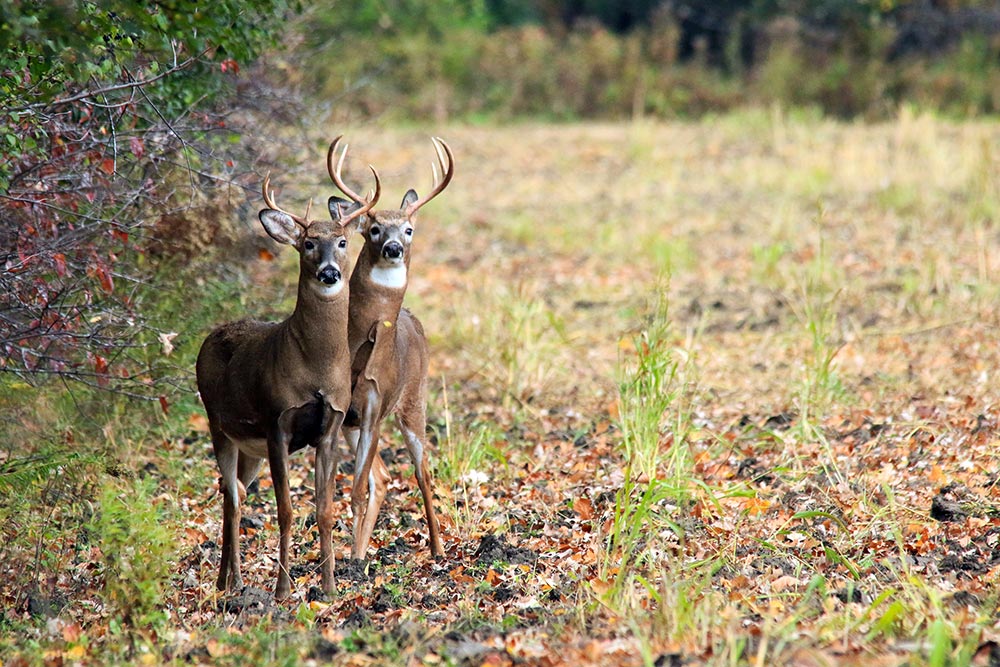
Justinhoffmanoutdoors / Dreamstime.com
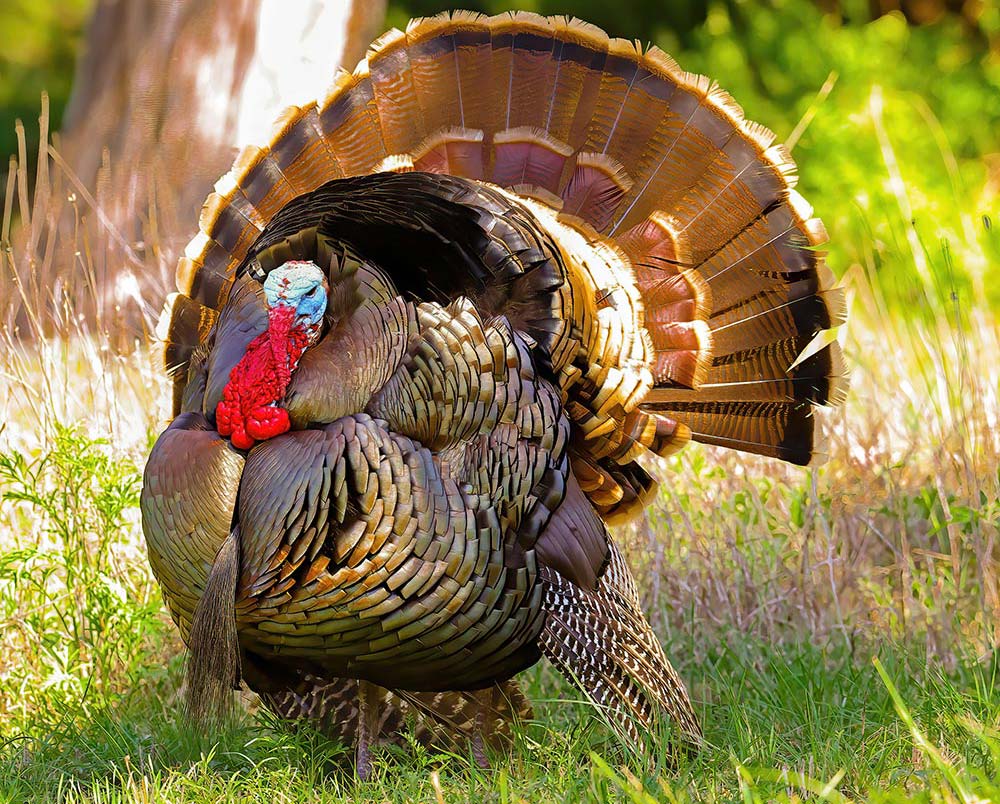
Thomas Torget / Dreamstime.com
But for hunting to really pay off, you have to go about it wisely. Forget about the expensive, guided out-of-state hunts, custom rifles, and specialized hunting clothing. Buy a reasonably priced rifle, shotgun, and hunting knife. Those tools can last several lifetimes. After that initial investment, those things won’t be subject to rising prices.
Ammo is becoming pricey, so be frugal with that. Learn to sight-in your firearm properly and to practice with it efficiently instead of just blasting away without purpose.
3 BENEFITS WILDLIFE
How can killing animals benefit wildlife? States use scientific wildlife management principles to set bag limits on game animals in order to maintain healthy wildlife populations. Left unchecked, over-population can lead to disease, the loss of food sources, and the degrading of habitat.
“Essentially, hunters are paying the bills to help preserve wild areas that are also enjoyed by recreationists who aren’t hunters at all.”
In addition, hunters are the biggest financial supporters of wildlife and their habitat. How so? The Pittman-Robertson Act, passed by Congress in 1937, attaches an excise tax to the sale of firearms, ammunition, and archery equipment. The money generated is apportioned to state wildlife agencies for their conservation efforts. That results in benefits to many wildlife species, not just the ones hunters are pursuing. Essentially, hunters are paying the bills to help preserve wild areas that are also enjoyed by recreationists who aren’t hunters at all. How much money are we talking about here? According to CongressionalSportsman.org, $11.5 billion has been raised for conservation efforts since the act was passed.
4 BUILDS OUTDOOR SKILLS
If you go about it properly, hunting can help you to build your outdoor survival skills. If you’re hunting two weekends a year, walking 50 yards from your parked car to a tree stand hoping a deer will walk by, then, no, you won’t be equipped any better to handle a survival situation.
“If you go about it properly, hunting can help you to build your outdoor survival skills.”
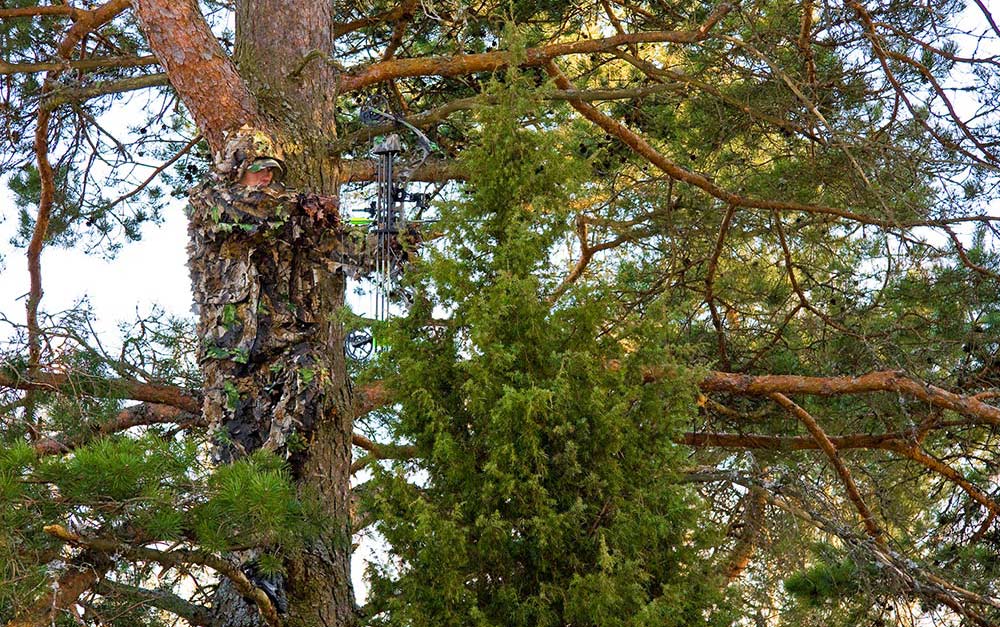
Peter Lindholm / Dreamstime.com
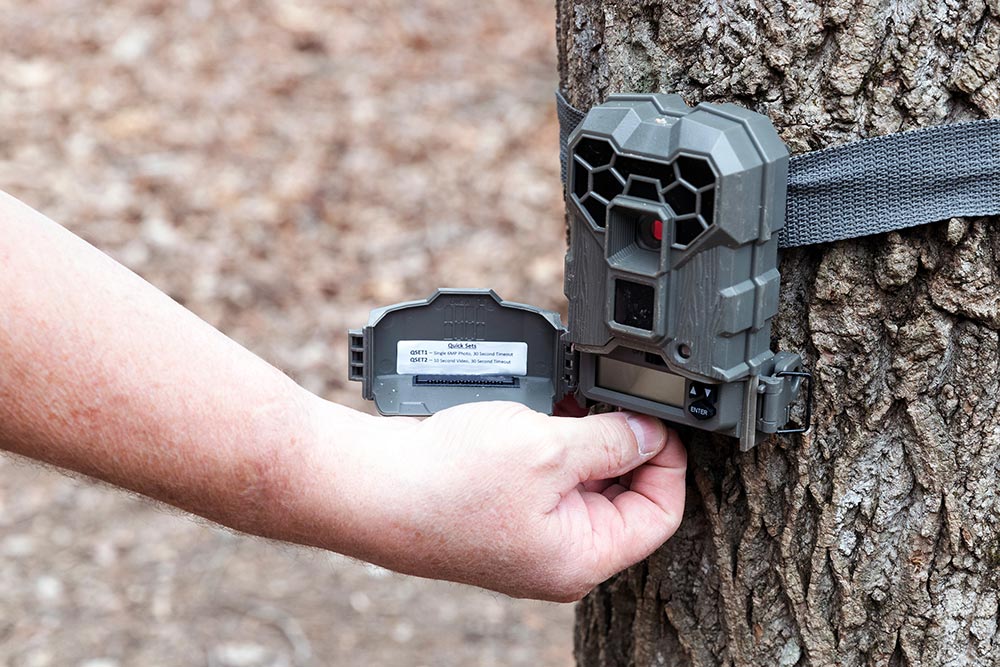
Lisa Carter / Dreamstime.com
If you hunt remote areas, you’ll gain experience navigating by map and compass, and you’ll likely be able to find your way in more dire circumstances. You’ll probably have a better chance at procuring food in a survival situation if you’ve hunted often over the years.
Do you know how to spot signs of game? Are you practiced at moving through the woods slowly and silently, attuned to every sound and slightest movement? Can you skin a rabbit, gut a deer, or cook a meal over the coals of a wood fire? Hunting can give you many more opportunities to improve your outdoor skills than if you confine your outdoor activities to a week-long camping trip at a state park during the summer.
5 FIREARMS EXPERIENCE
Hunting won’t automatically make you a better marksman, but it gives you a good reason to get to the range more frequently to work on safe gun handling, as well as your ability to hit your target. Hunting is often a family activity too, so it provides a good opportunity to introduce the kids to firearms and to instill them with the necessary discipline and responsibility while you’re at it.
The more familiar you are with your guns, the better your chances will be of procuring food in a wilderness survival situation or defending your life in other types of critical situations.
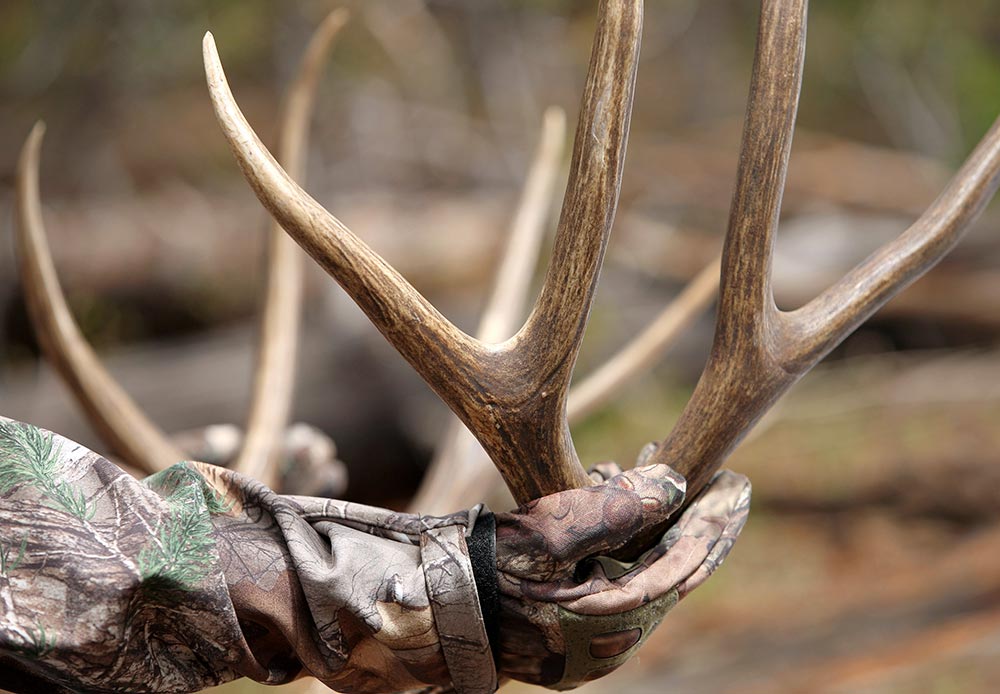
Nathan Allred / Dreamstime.com
GOOD TIMES AHEAD
Don’t become a hunter with these specific goals in mind. Acquire the benefits naturally as you spend time outdoors. Explore areas and see things in the natural world other people rarely get a chance to see. Enjoy the camaraderie of friends around a campfire in deer camp. Create great family memories by spending time with your children afield. While you’re doing things you love, you’ll be gaining experience that can be valuable in a time of crisis.
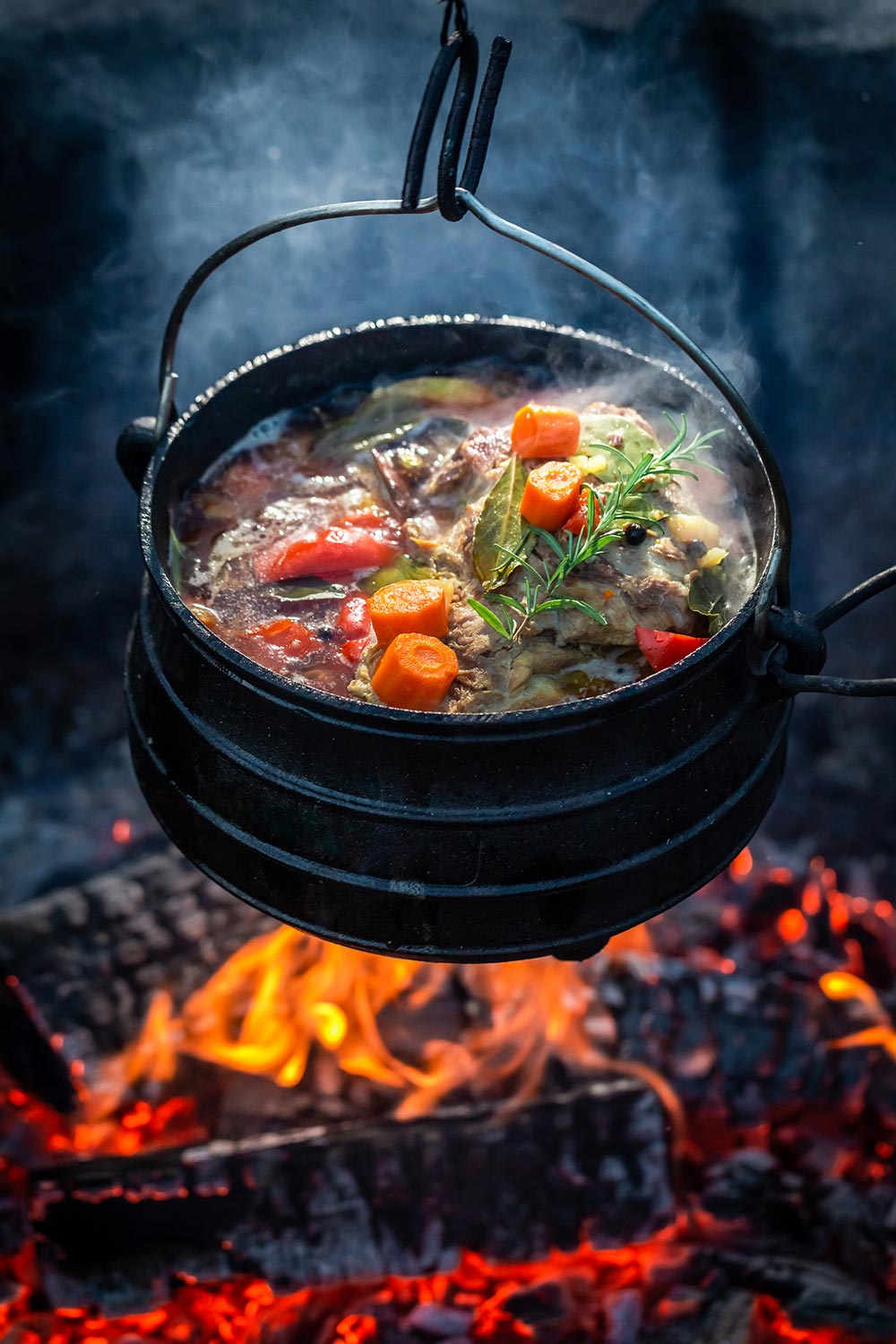
Shaiith / Dreamstime.com
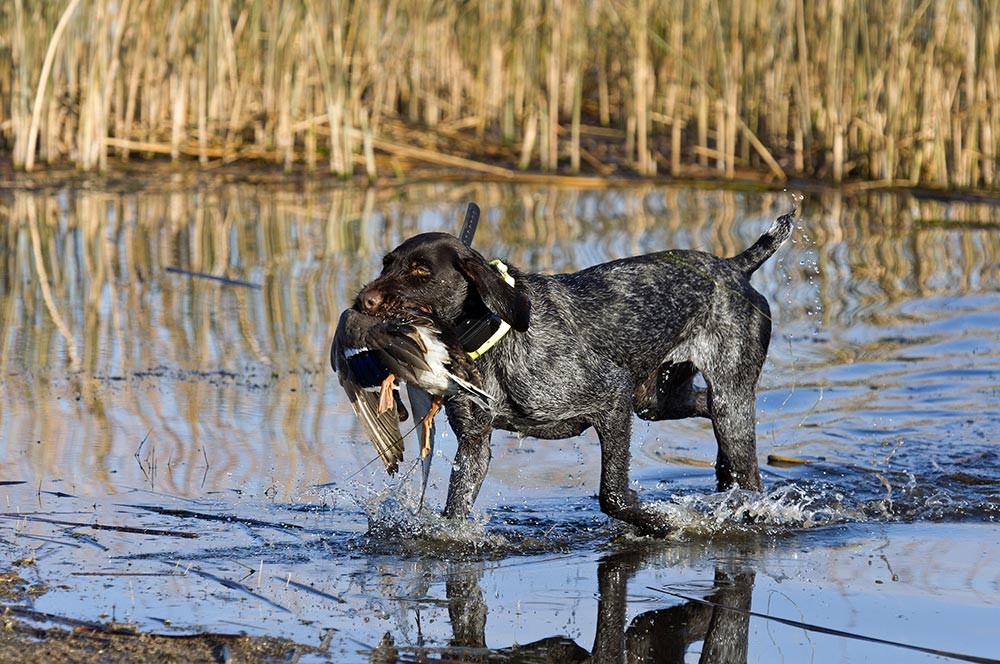
Steven Oehlenschlager / Dreamstime.com

